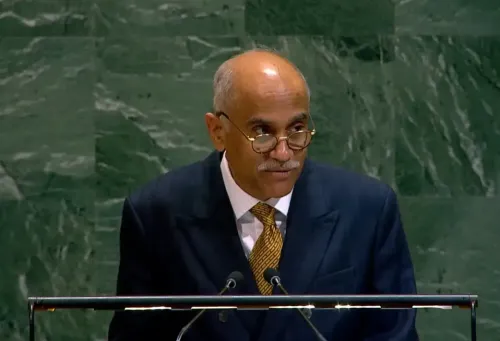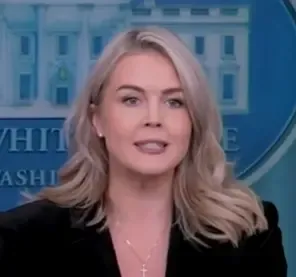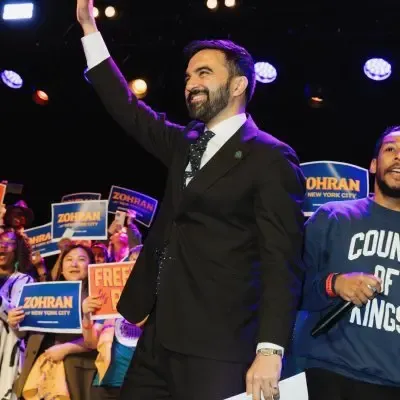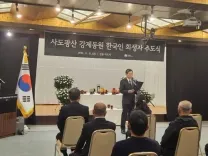Why Is UNGA President Advocating for Security Council Reform?
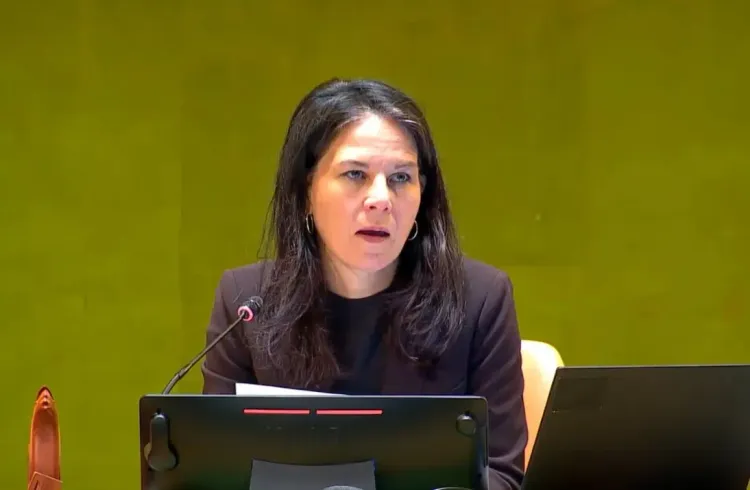
Synopsis
Key Takeaways
- Annalena Baerbock is pushing for Security Council reform.
- The absence of African representation is a key concern.
- Baerbock emphasizes the need to align the Council with 21st-century realities.
- The G4 coalition is actively lobbying for reform.
- Progress in the IGN process is urgently needed.
United Nations, Nov 21 (NationPress) The President of the United Nations General Assembly, Annalena Baerbock, is advocating for a transformation of the Security Council to rectify the “historical injustice”, as stated by her spokesperson, La Neice Collins.
“There should be a discussion and a debate focused on reforming the Security Council,” Collins emphasized on Thursday.
“She has consistently pointed out that the absence of any African state in the permanent membership is indeed a historical injustice, and that the Council does not reflect the current global landscape,” Collins noted.
In her role as Assembly president, Baerbock has not endorsed any specific reform plan, but she has clearly articulated that the organization was established 80 years ago in a vastly different context and requires adjustments to align with the realities of the 21st century,” she explained.
Having previously served as Germany's foreign minister, Baerbock championed the expansion of permanent members on the Council and supported permanent seats for India and Germany within a restructured Council.
Germany is part of the G4, a coalition that includes India, Brazil, and Japan, which actively advocates for Council reform.
Last year, she attended a G4 foreign ministers' meeting alongside External Affairs Minister S Jaishankar and jointly signed a declaration that reaffirmed their mutual support for each other's aspirations to become new permanent members in a reformed Security Council.
The declaration also expressed strong concern regarding the ongoing lack of significant progress in the Inter-Governmental Negotiations (IGN) process for Council reform and highlighted the pressing necessity to initiate text-based negotiations.
Recently, in her capacity as Assembly president, Baerbock appointed Tareq M. A. M. AlBanai of Kuwait and Lise Gregoire-van Haaren of the Netherlands as co-chairs of the IGN to revitalize the negotiations.

